

In anticipation of the rising demand for pre-insulated and high-density polyethylene (HDPE) pipes expected over the next two years in the Gulf countries, Riyadh-based Saudi Preinsulated Pipes Industries (SPPI) has drawn up major plans to expand its production capacity to capture a larger share of the market.
“With the recent rise in oil prices and a number of mega projects launched both by the private and public sectors in the region, we believe that 2007 and 2008 will be very good years in the business of preinsulated pipes and HDPE pipe as most of the GCC countries use HDPE pipe for water networks,” says Saleh S Alnamlah, general manager.
“Over the next year, we will continue to focus on boosting our factory production capacity to meet the increasing demand for HDPE and pre-insulated pipes for water projects as a result of heightened construction activities in the private and public sector across the Middle East,” he adds.
As a specialist provider of HDPE pipes and pre-insulated pipes and fittings, SPPI has been involved in a number of prestigious projects in the Middle East, such as the American University in Cairo, Egypt, Jamarat Bridge in Makkah, Saudi Arabia, and Kuwait Oil Company (KOC) projects in Kuwait, says Alnamlah.
SPPI is also keenly eyeing some major projects in Saudi Arabia such as Emaar’s King Abdullah Economic City in Rabigh, near Jeddah, King Abdulaziz International Airport in Jeddah and a number of district cooling projects in the region.
“HDPE piping systems are used worldwide for conveying water as well as for the transportation of hazardous fluids,” he says. “They offer a number of advantages to the customer, including low specific weight; perfect weldability; a smooth inside surface which eliminates deposits and over-growth; and less pressure drop compared to metals, due to less frictional resistance.”
In addition, Alnamlah says, the pipes are resistant to ultraviolet (UV) rays, weathering, chemicals, heat aging, abrasion, radiation, freezing, rodents and all kinds of microbial corrosion. The piping systems are suitable for food and potable water, being compliant with foodstuff regulations and approved and registered for potable water supply, he adds.
HDPE piping systems can be used in a wide range of applications including:
• Supply systems: for potable water, irrigation, for swimming pools; and as discharge and gas pipes;
• Environmental protection: drainage systems, water treatment plants, degassing pipes for waste disposal facilities and drainage pipes for waste disposal facilities; and
• Industrial: piping systems for conveying chemicals, cooling water systems, transport of solids, in explosion-proof rooms, high-purity water piping systems, protective pipes for preinsulated piping systems and cables, ventilation and degassing piping systems, and lining of irrigation systems.
The company, which was set up in 1981 in the Second Industrial City of Riyadh, started manufacturing operations in 1983. It produces HDPE pipes in the range of 90 to 1,200 mm and claims to be the only manufacturer in the kingdom to produce such large diameter pipes. SPPI also offers coil pipes of up to 200 mm diameter with more than 150 m in one coil. Smaller diameters are available with more than 150 m in each coil.
SPPI’s polyethylene products, he says, are manufactured in accordance with international codes and standards, such as ISO, DIN and ASTM and it can meet all the specifications required of preinsulated pipes.
The immediate future looks extremely promising, says the ISO-certified middle-sized company, which has expanded its factory facilities in Riyadh and also invested in sophisticated equipment to update its existing laboratory and other inventories.



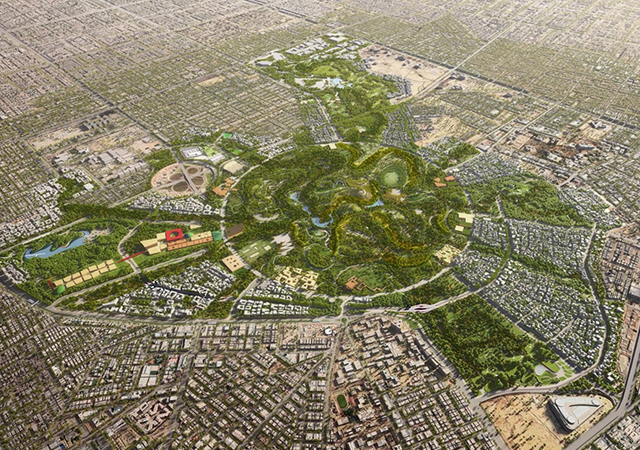
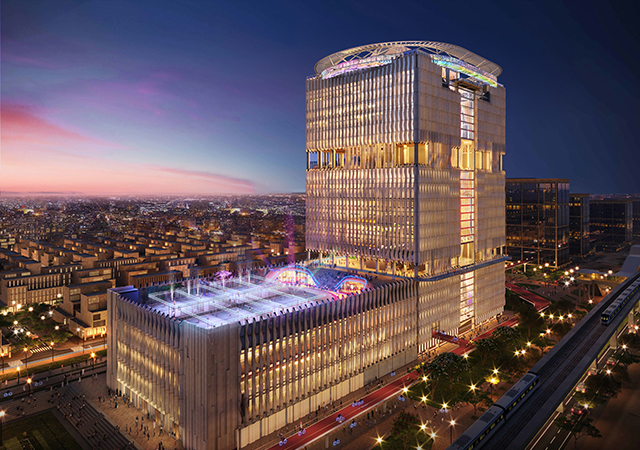
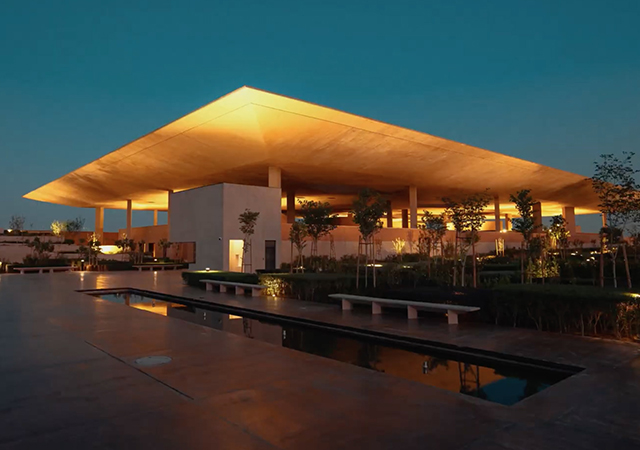



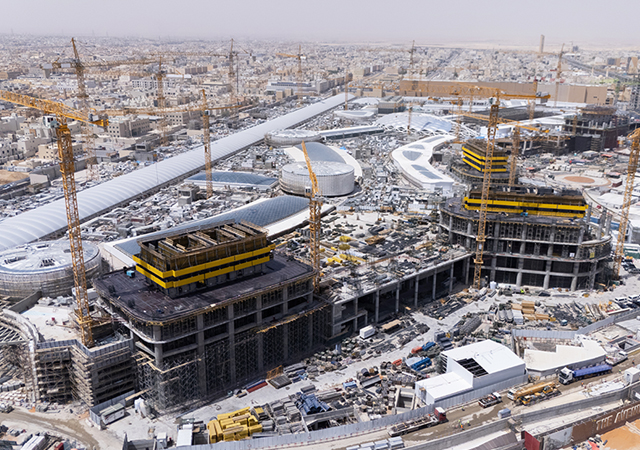
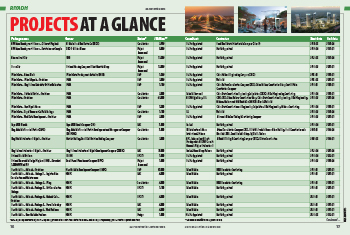
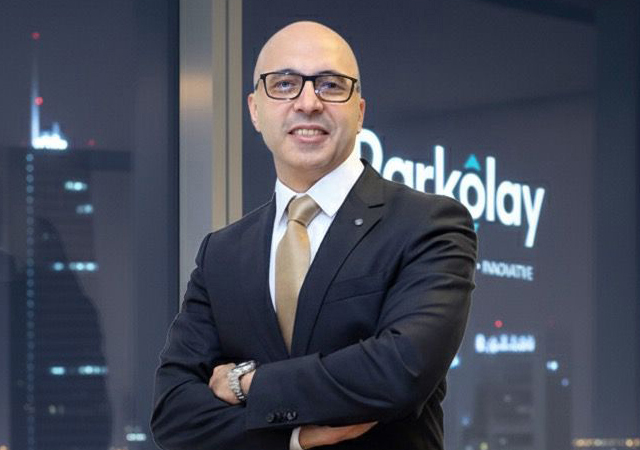
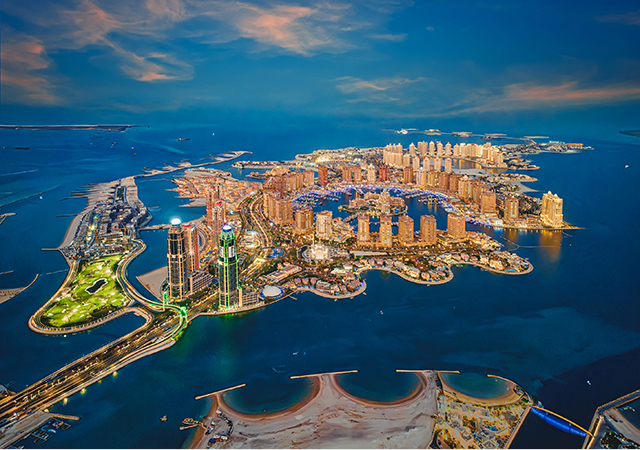

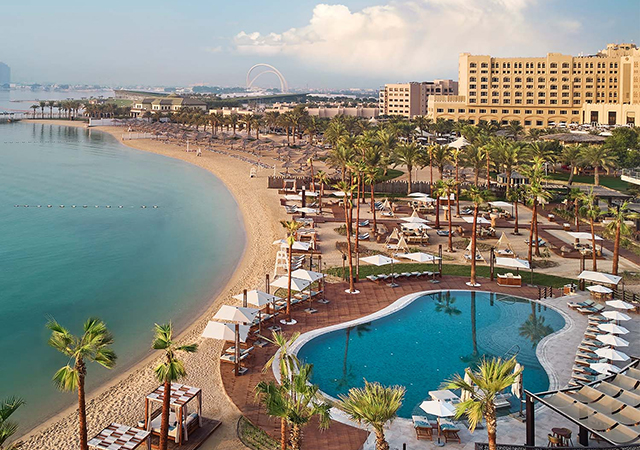
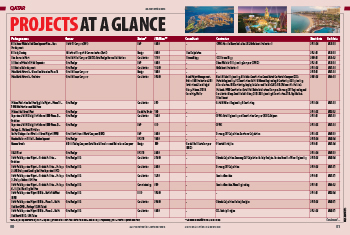
.jpg)
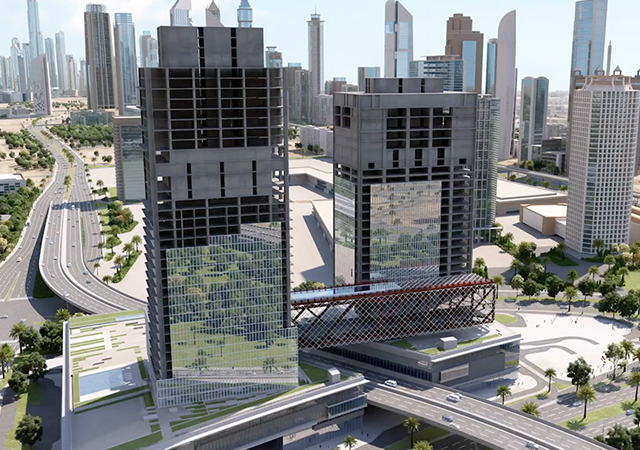
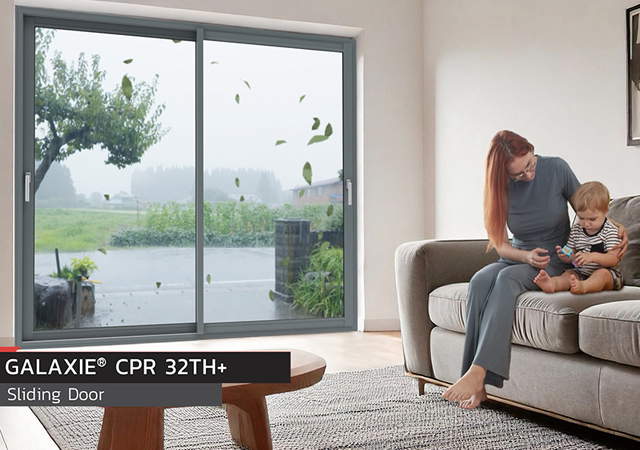
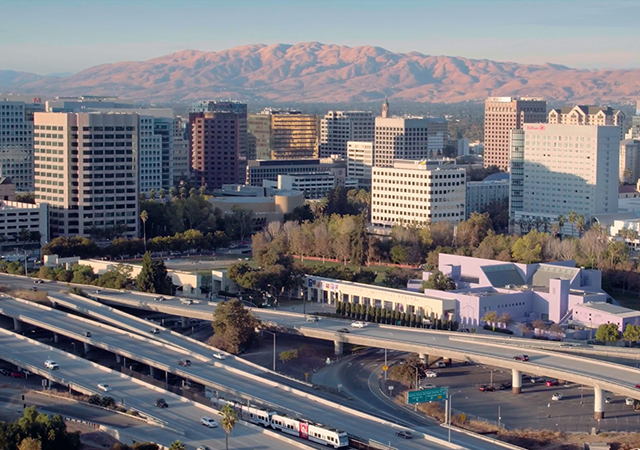


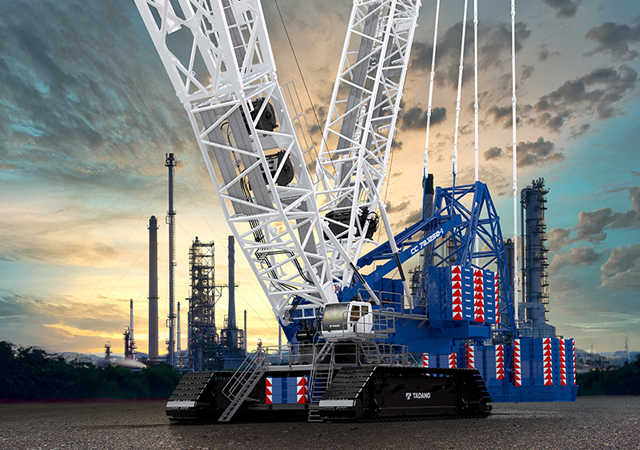
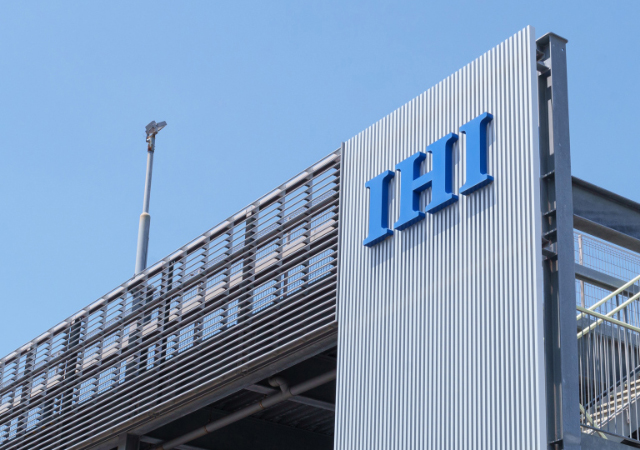
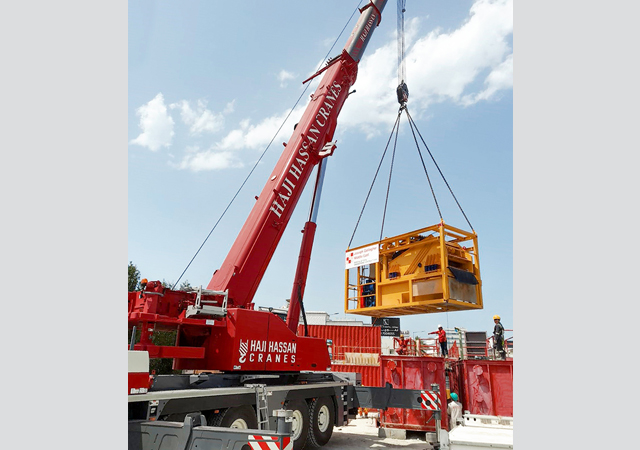
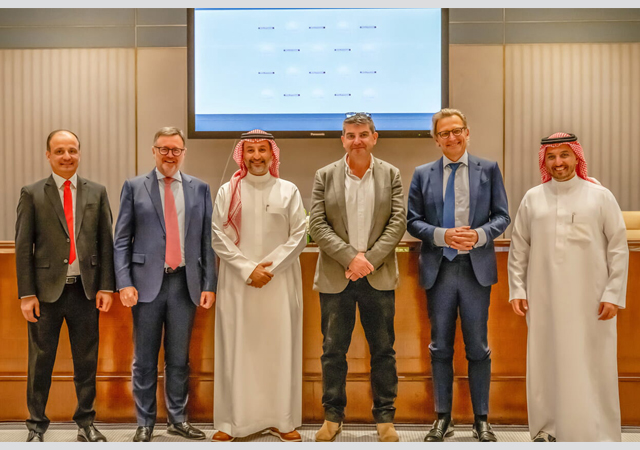
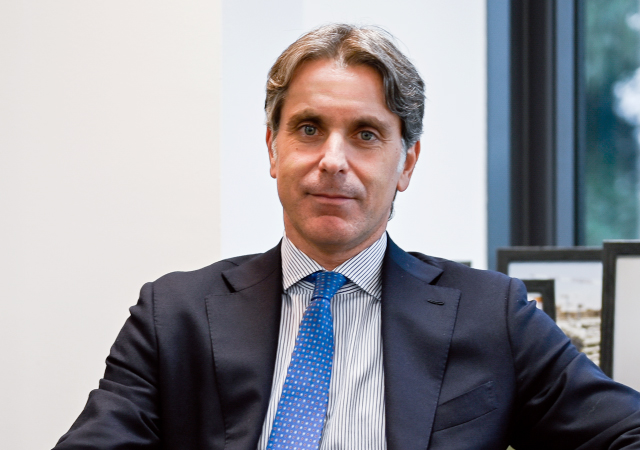
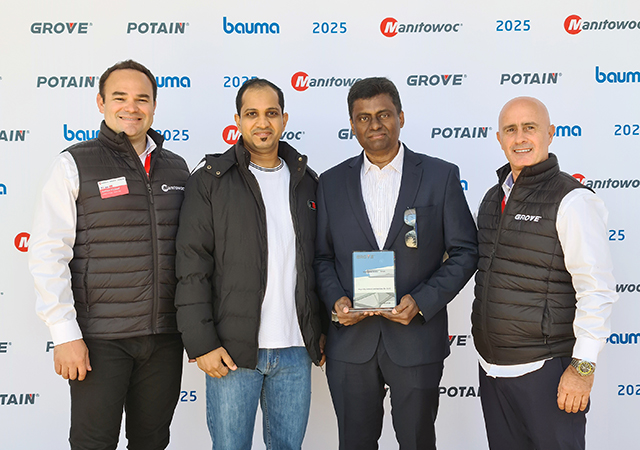
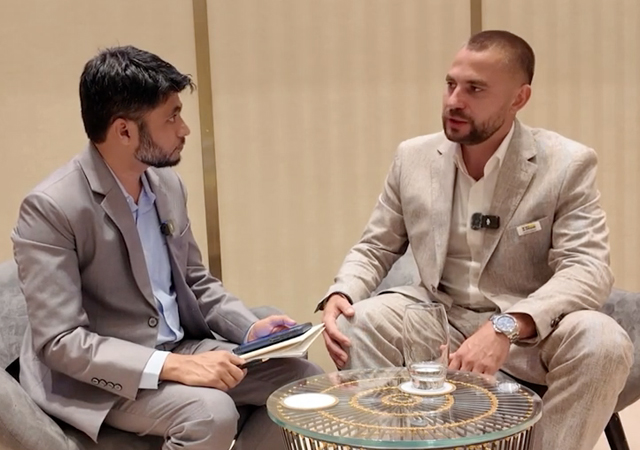
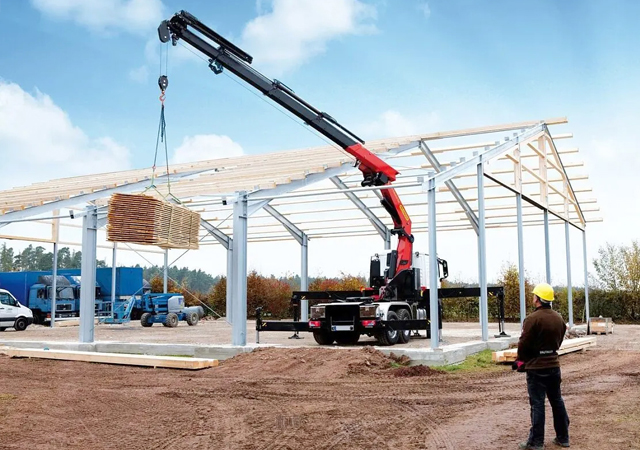
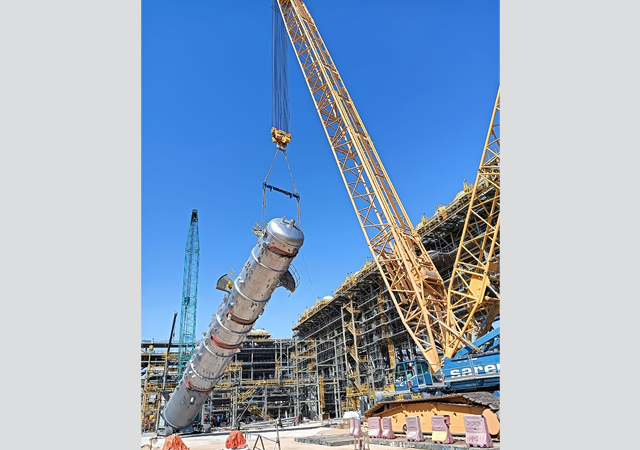
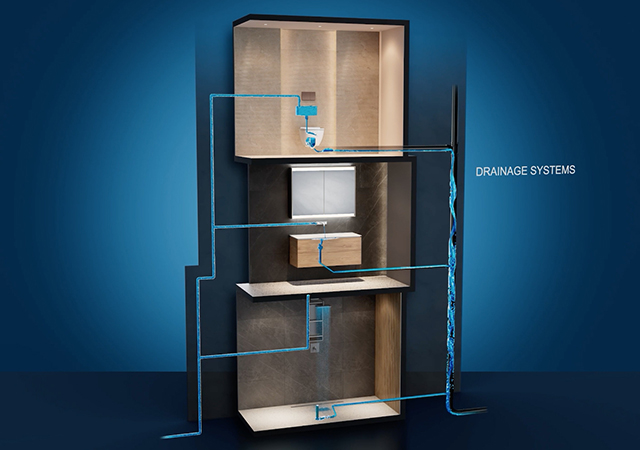
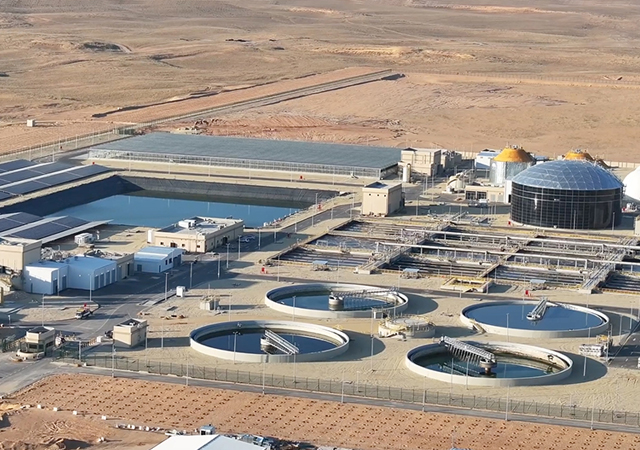

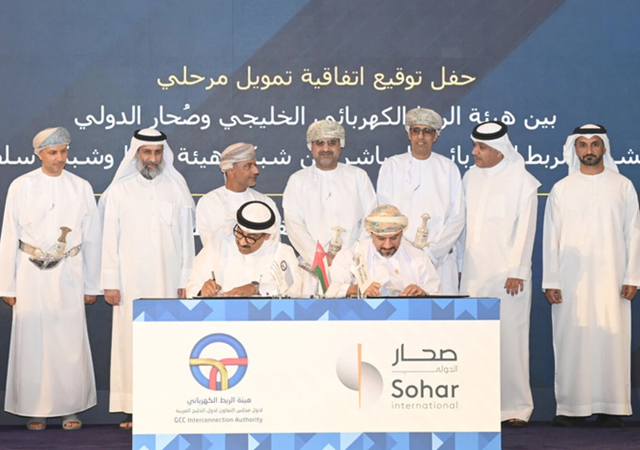
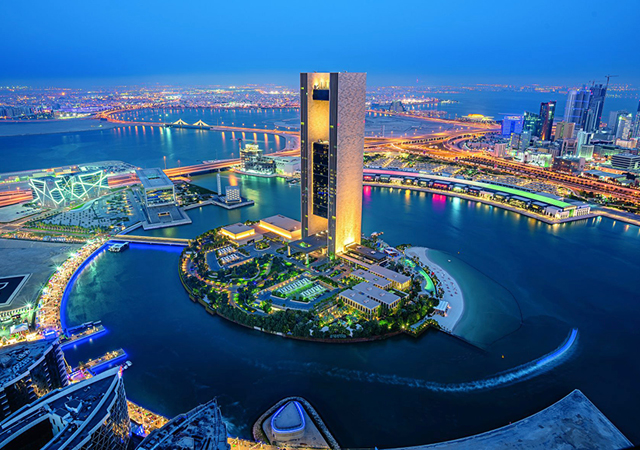
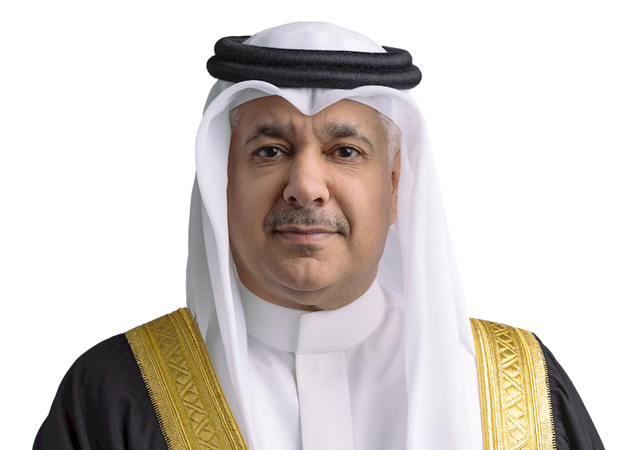
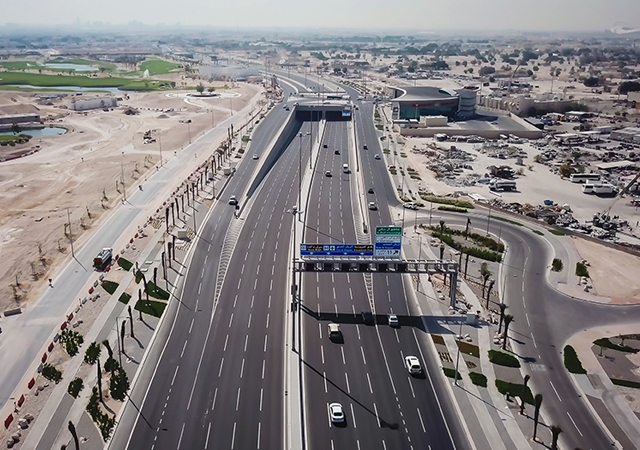
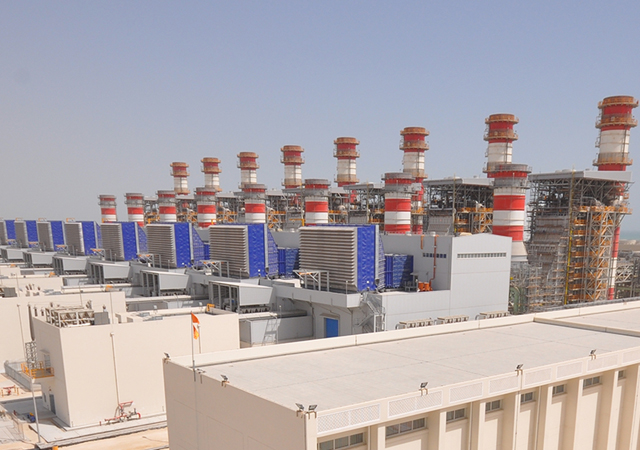
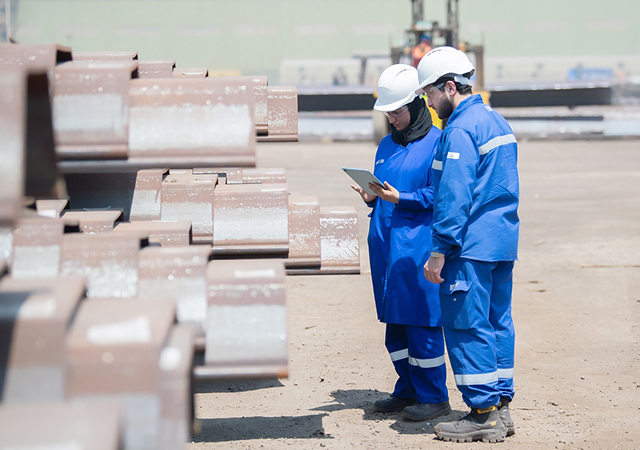
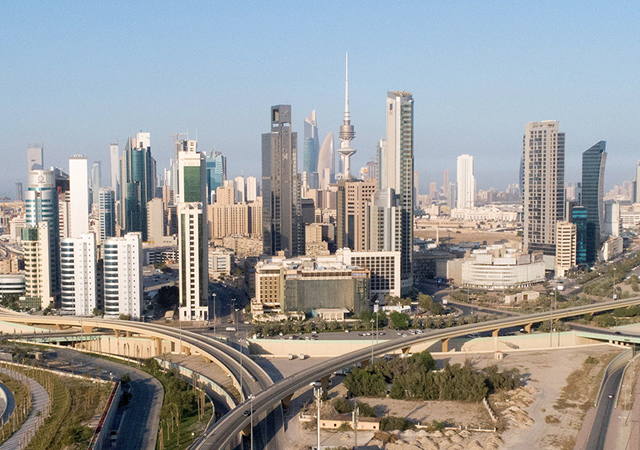
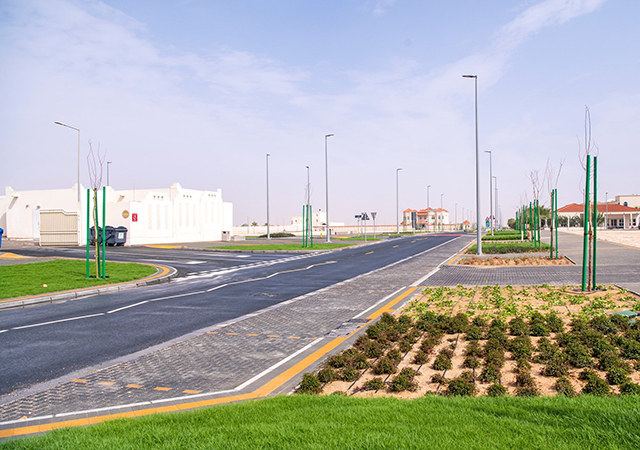
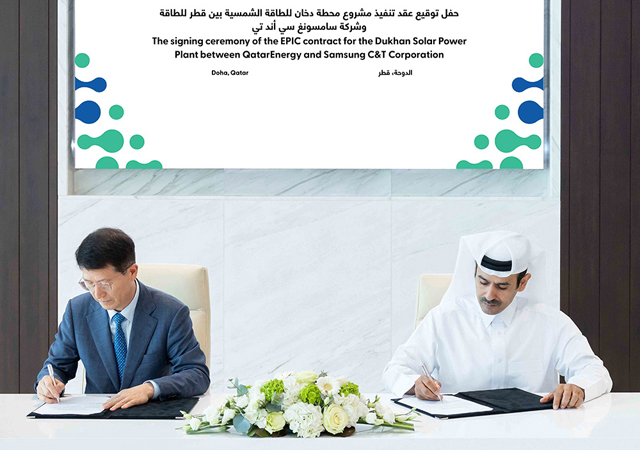
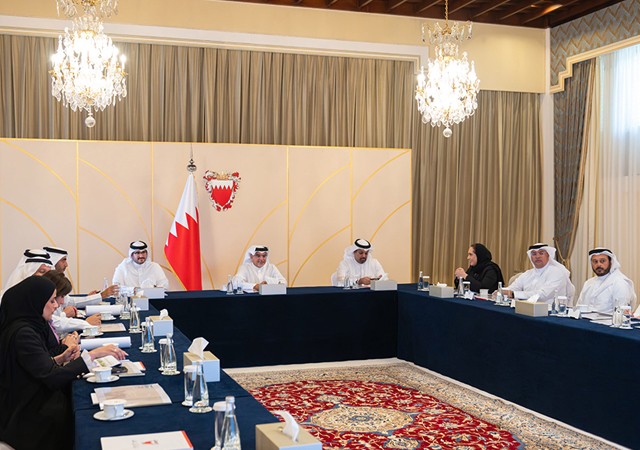

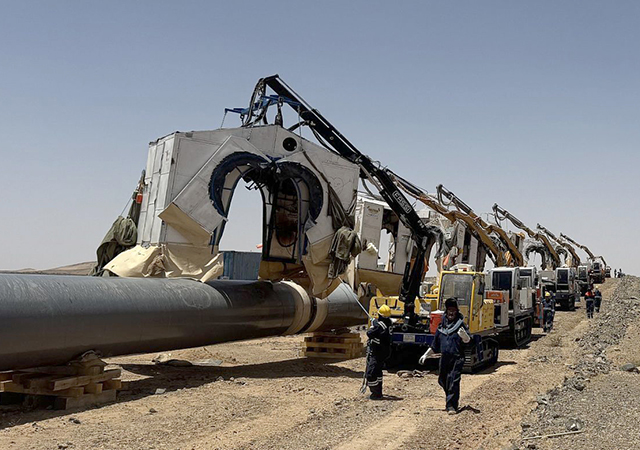
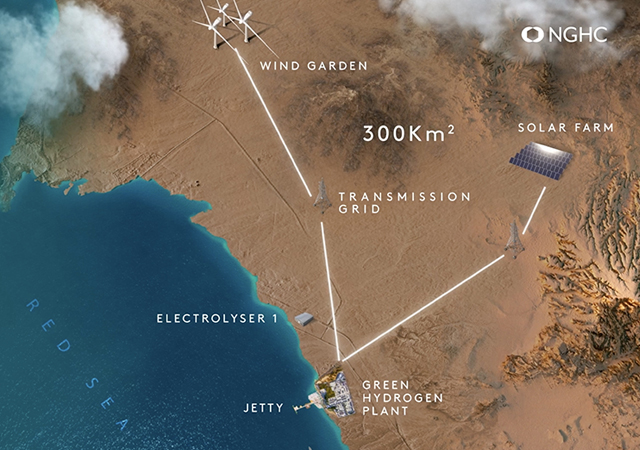
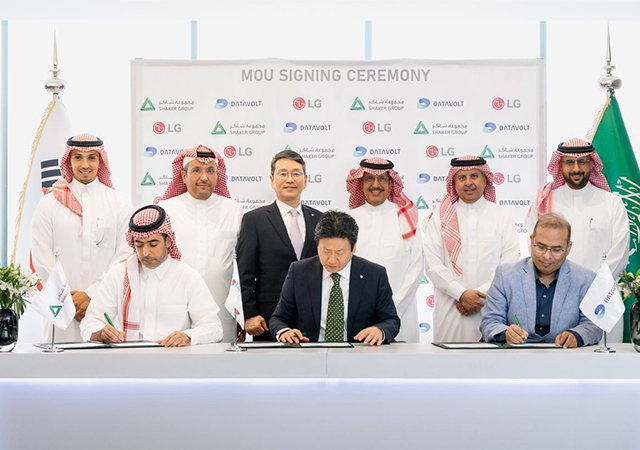
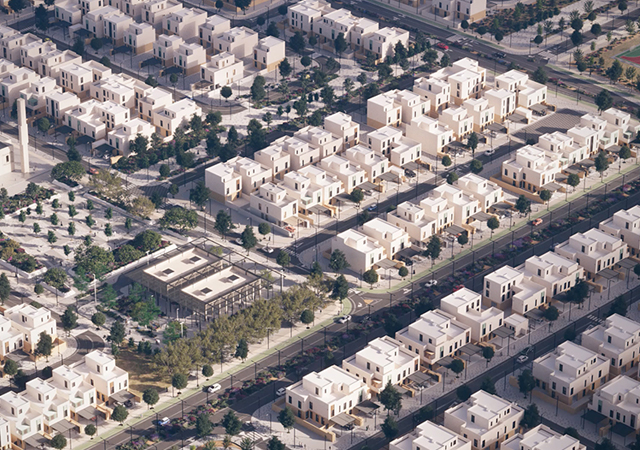
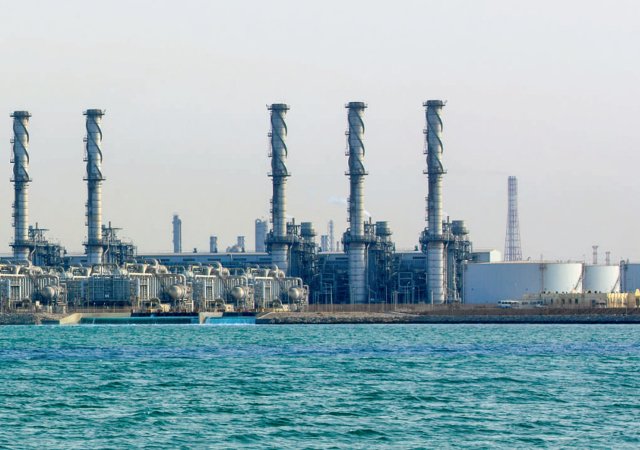
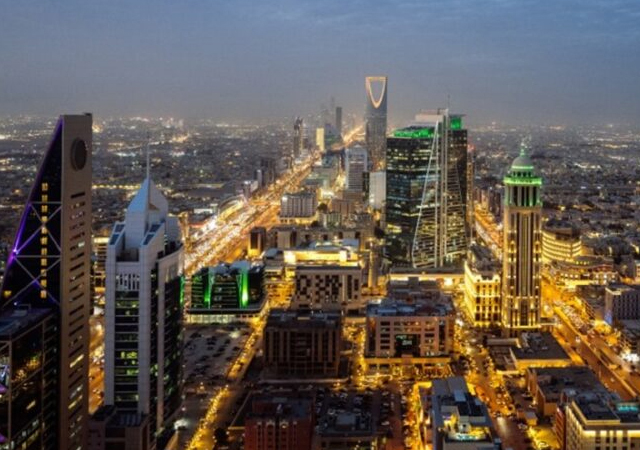
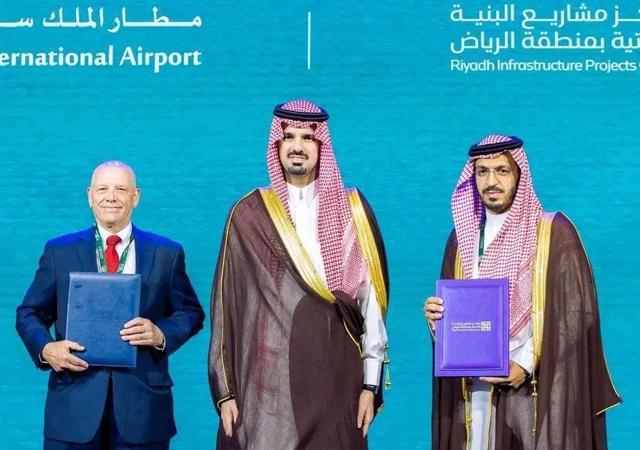
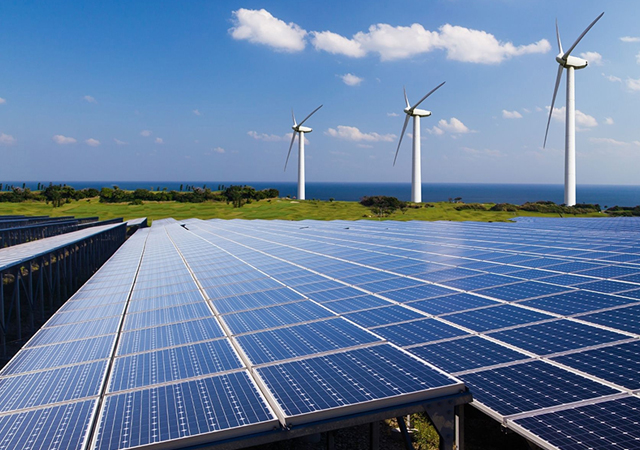
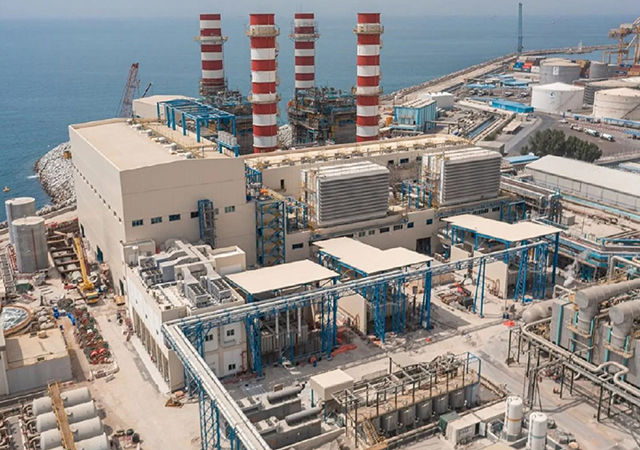
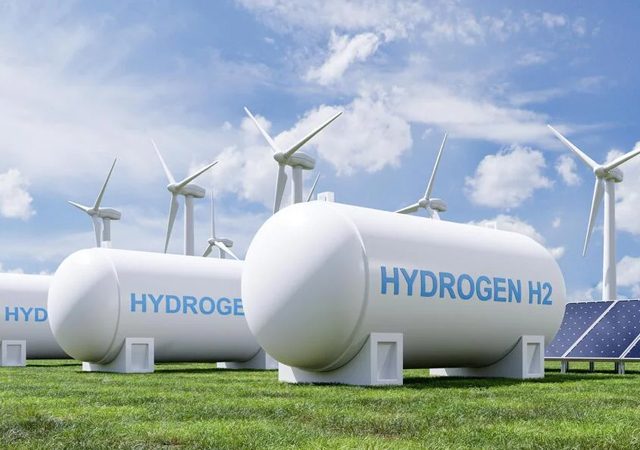
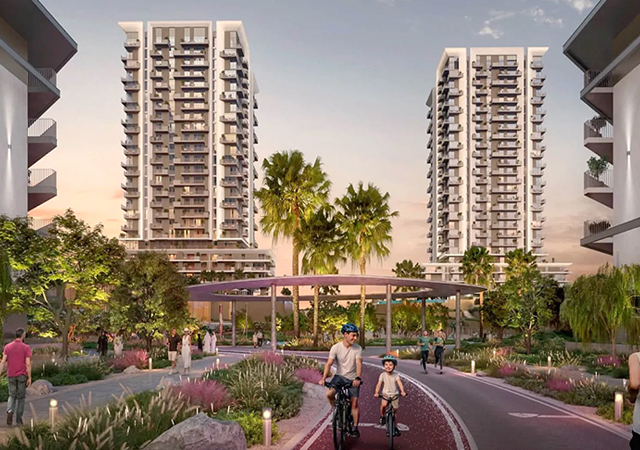
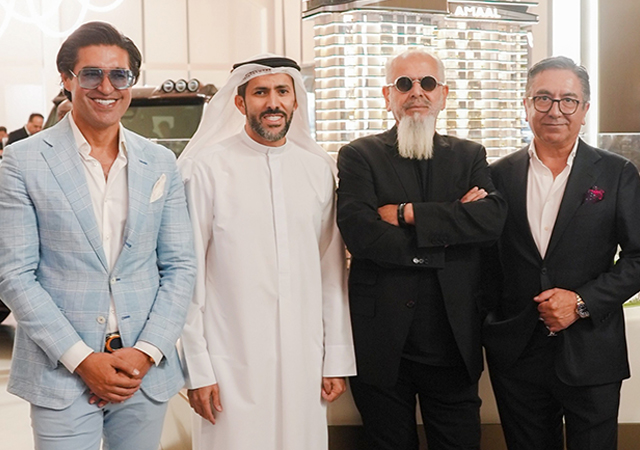
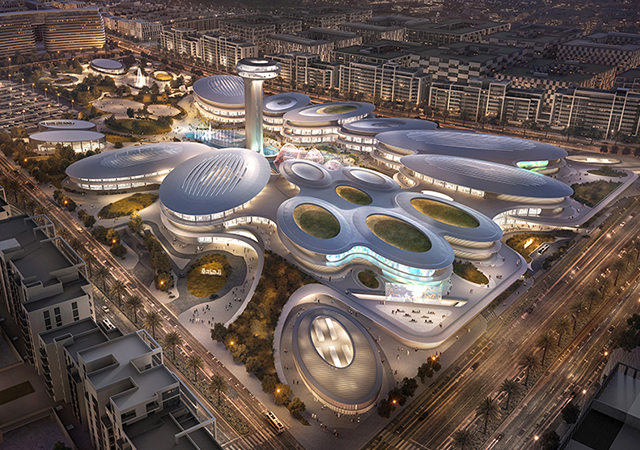
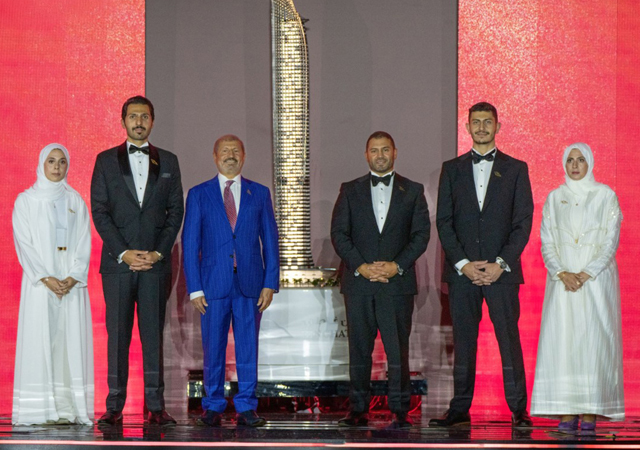
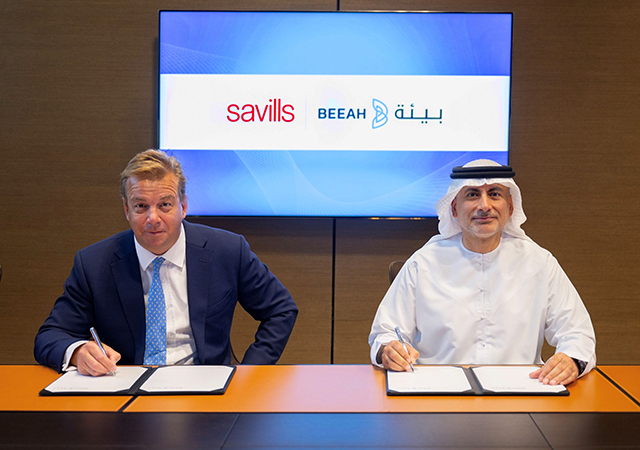


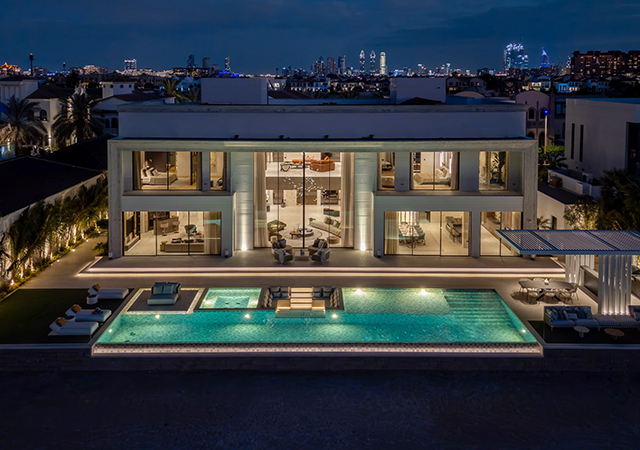
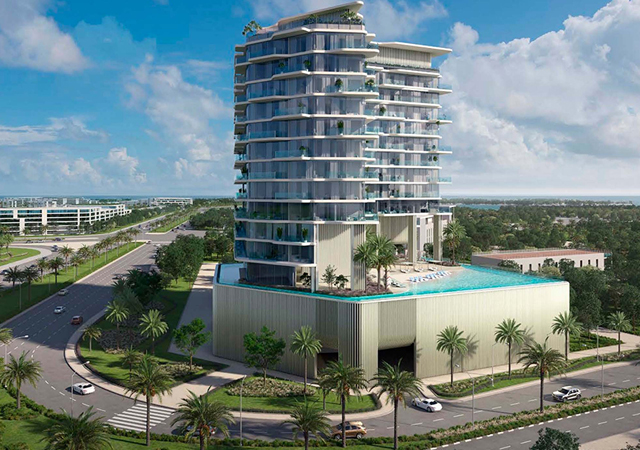
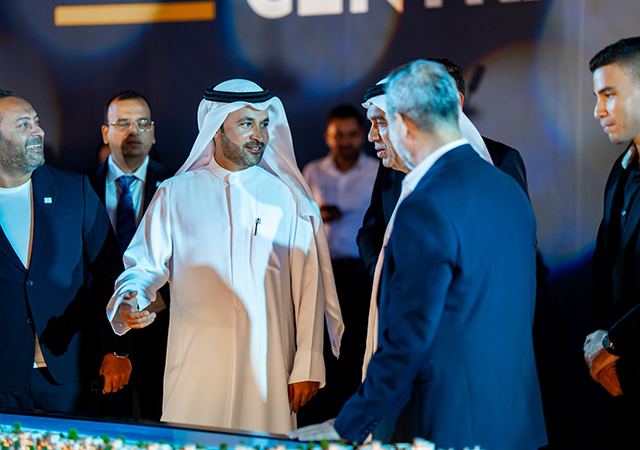
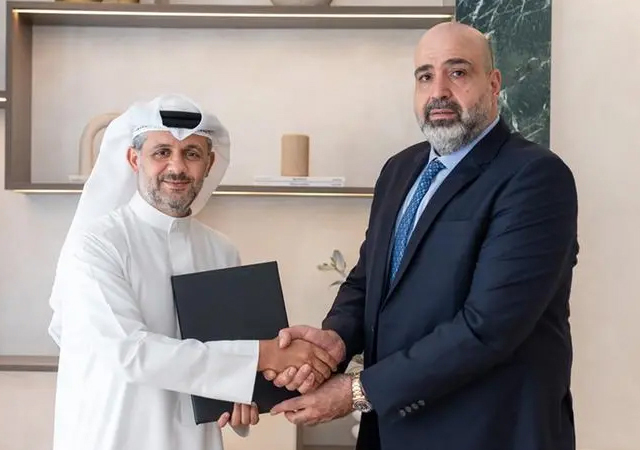
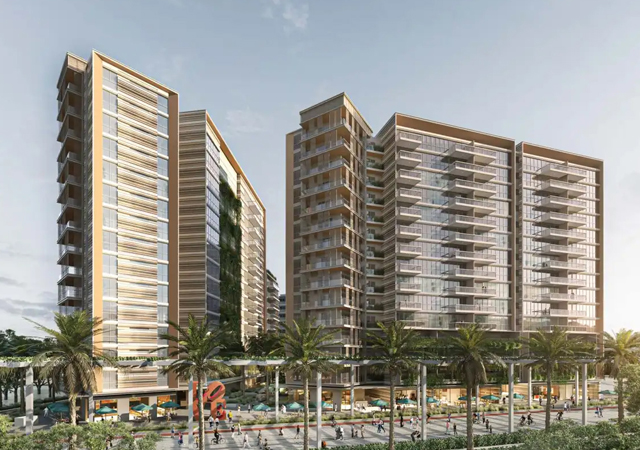
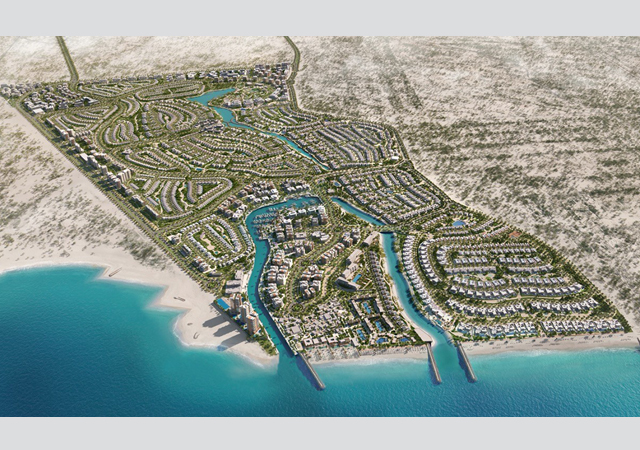
.jpg)
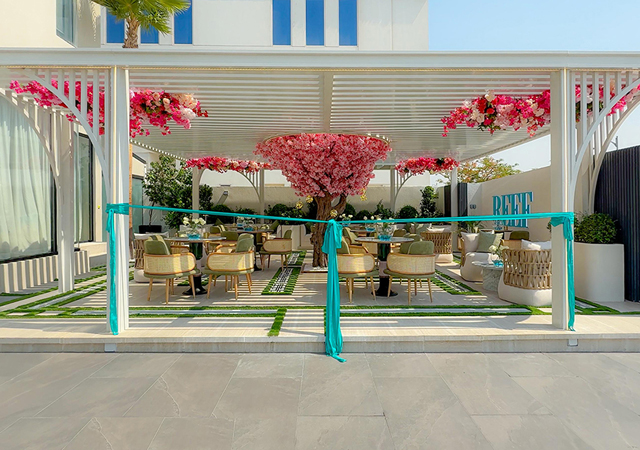
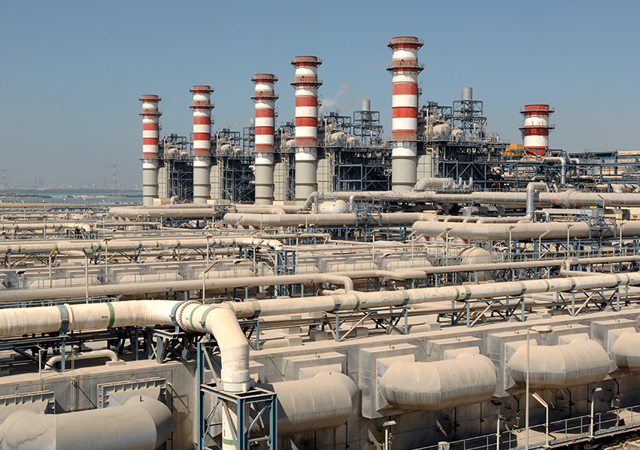
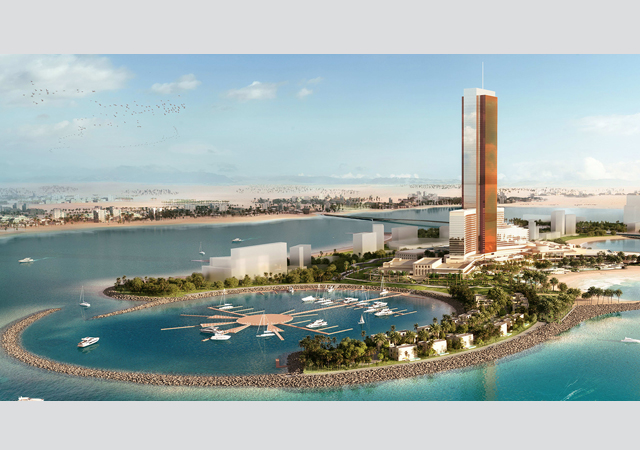
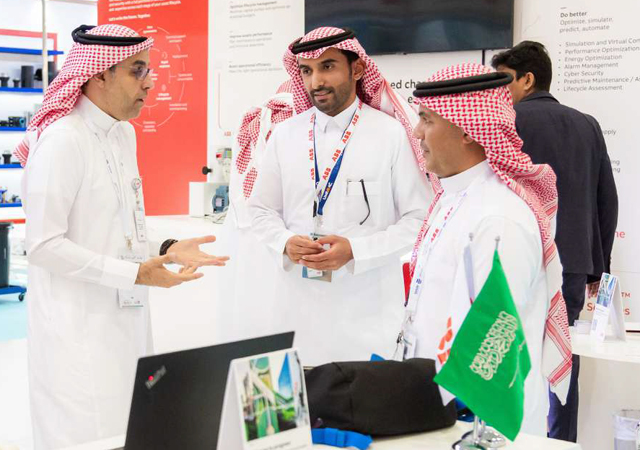
.jpg)
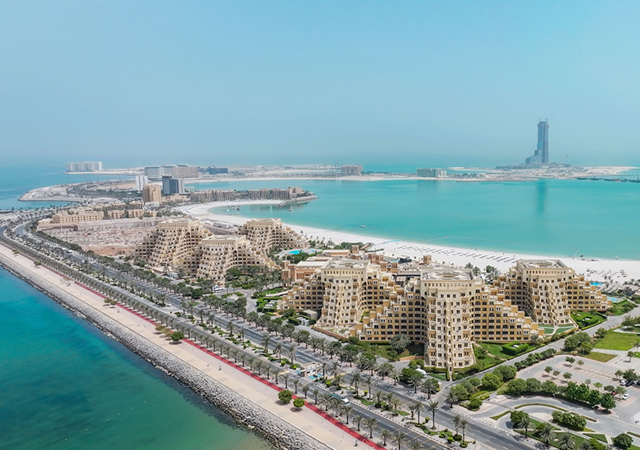
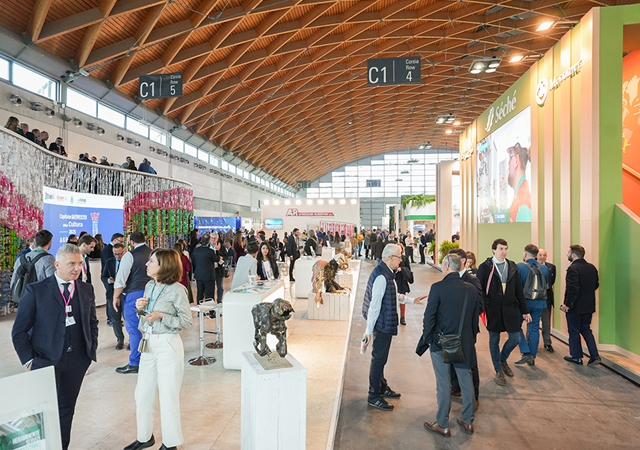
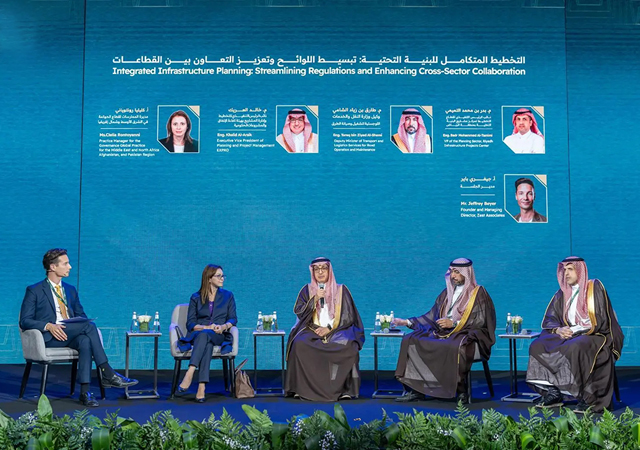
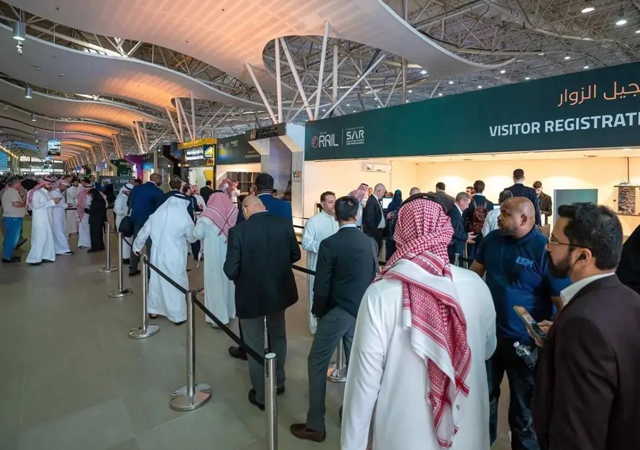










.jpg)














